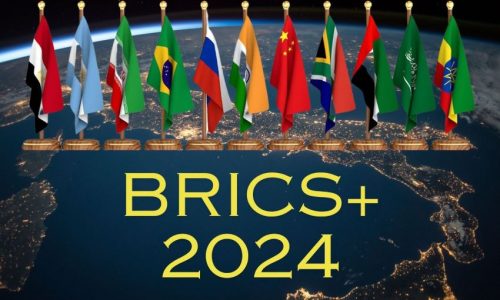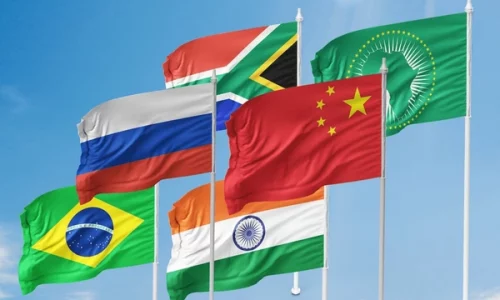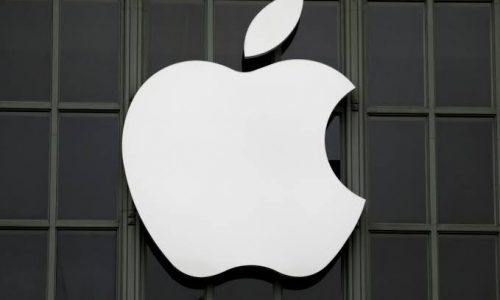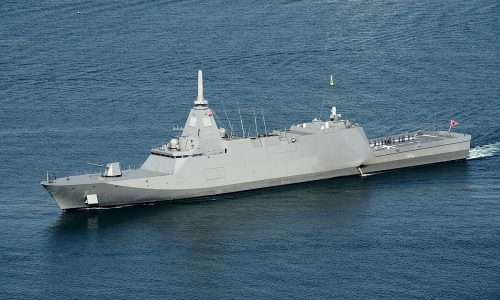German Chancellor Olaf Scholz promised to push for a trade deal between the European Union and Indonesia as part of efforts to be less reliant on raw materials from China.
At Germany’s annual industrial trade fair Hannover Messe 2023 exhibition on Sunday (16/4), Scholz told President Joko “Jokowi” Widodo that a trade agreement between Indonesian and the European Union would create a strong economic bond with a market potential of 700 million people.
“I am working to finally get this agreement across the finish line,” Scholz said of negotiations between Jakarta and Brussels, which have been ongoing since 2016.
In addition to Indonesia, Germany hoped that similar talks will occur between the European Union and countries in South America, Mexico, Australia, Kenya, and India.
The step was taken because Germany is particularly concerned about becoming too reliant on China, including for crucial commodities needed for digitalization and the shift toward a zero carbon economy.
“At the moment we import many [commodities] from China,” Scholz said.
“And that’s despite the fact that rare earth, copper or nickel are often not extracted there but in countries such as Indonesia., Chile, or Namibia,” he added. “We want to change that”.
Interestingly, Scholz also said that any new trade deal should prioritize the construction of processing facilities for such raw materials in the countries where they are found, which he said would benefit the local economy.
Not as easy as it sounds
Since 2013, Germany has been pushing for the European Union to immediately discuss and especially resolve regulatory and tariff restrictions that impede trade cooperation with Indonesia.
The European Union then started the negotiations with Indonesia on July 18, 2016, taking place in several rounds. The talks on economic and trade cooperation between Indonesia and the European Union entered its 13th round in 2022, covering 14 issues, including trade in goods, trade in services, trade security, investment, government procurement, transparency and compliance with regulations, dispute resolution, to intellectual property rights, including the completion of good regulatory practice (GRP).
A deal expected to smoothen exports from EU countries to Indonesia and secure supplies of raw materials for its industry. Moreover, the pressure on Germany grew stronger after President Jokowi imposed a ban on the export of raw minerals such as nickel and bauxite.
It threatens German industries because they have to depend on supplies from China. Meanwhile, many Chinese companies control mineral mines and smelters in Indonesia. However, making a trade partner is not as easy as it sounds.
In addition, Indonesia and the European Union have been involved in some trade disputes in the last two years. For example, the European Union limits access to Indonesian crude palm oil (CPO) and other products, accusing the industry of causing deforestation, triggering negative sentiment, and hindering the process of the negotiations.
Several European countries have also filed complaints against Indonesia to the WTO due to the country’s mineral export bans.
Scholz’s statement that he would push for the construction of a raw material processing facility in the country of origin also hinted at one key point of tension in the Indonesia-EU relationship, and one of the main issues holding up the progress on an FTA.
Hence, if Germany can mediate these disputes, the FTA negotiations and comprehensive economic cooperation will soon enter its final round.








